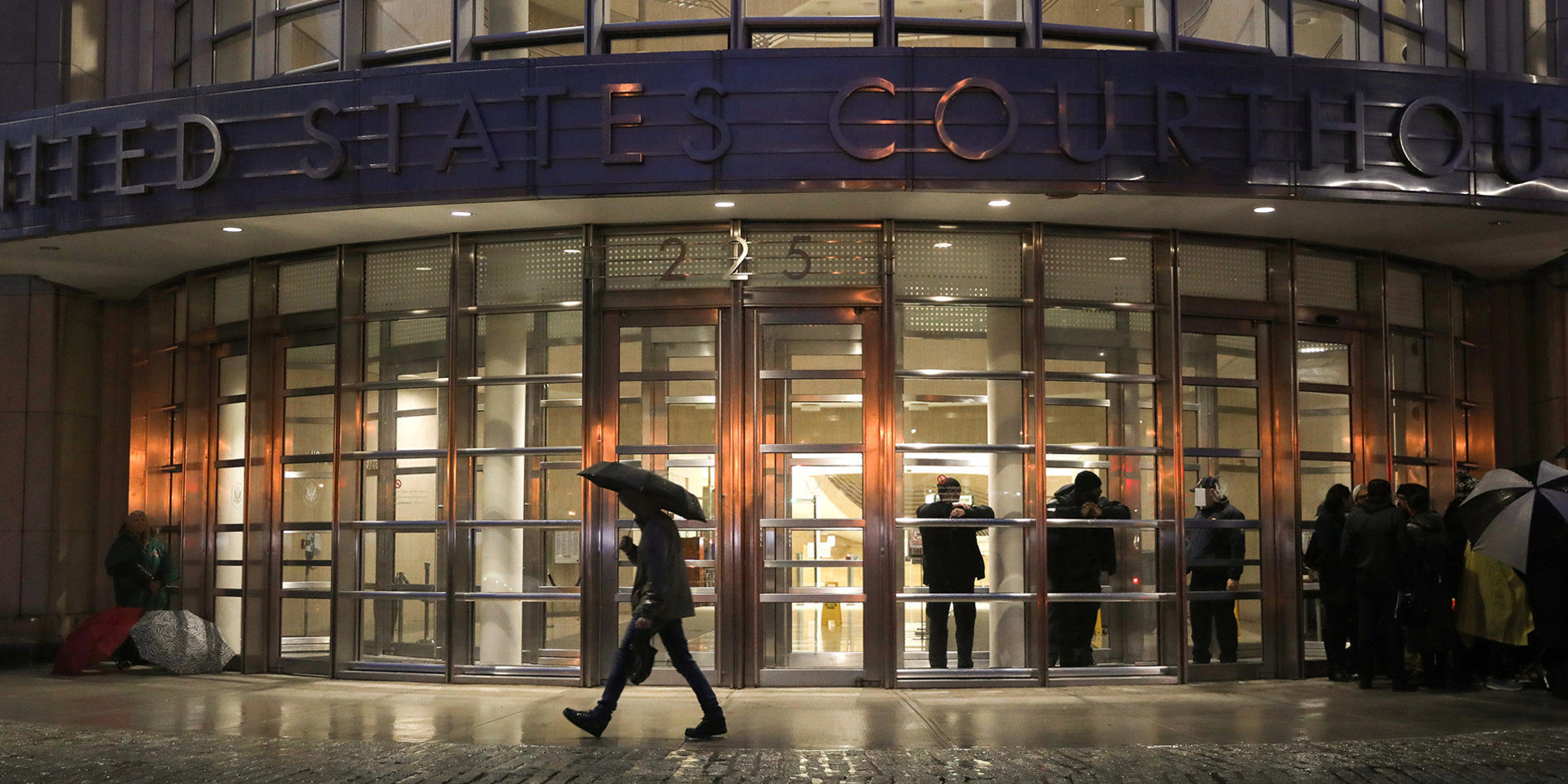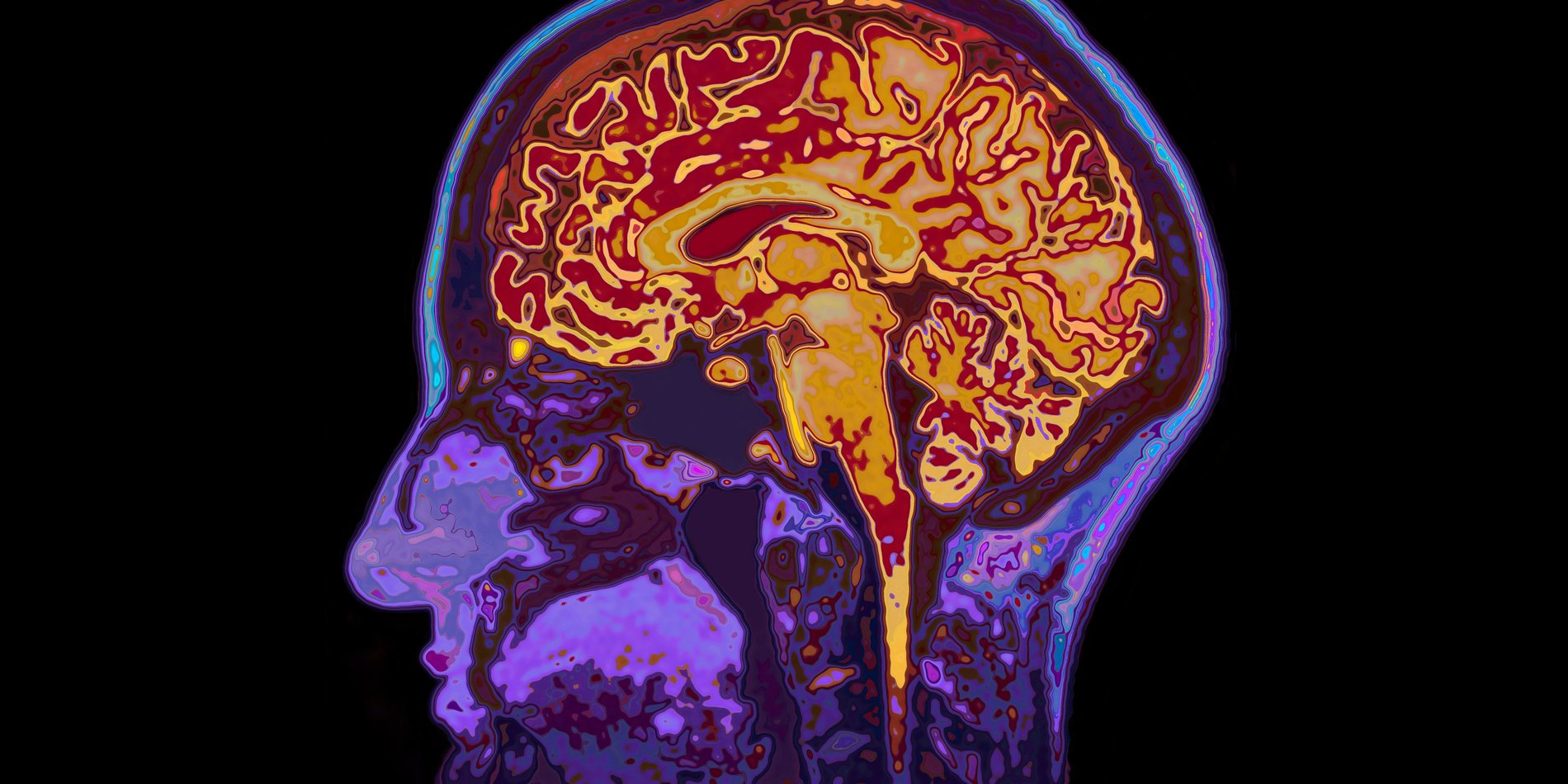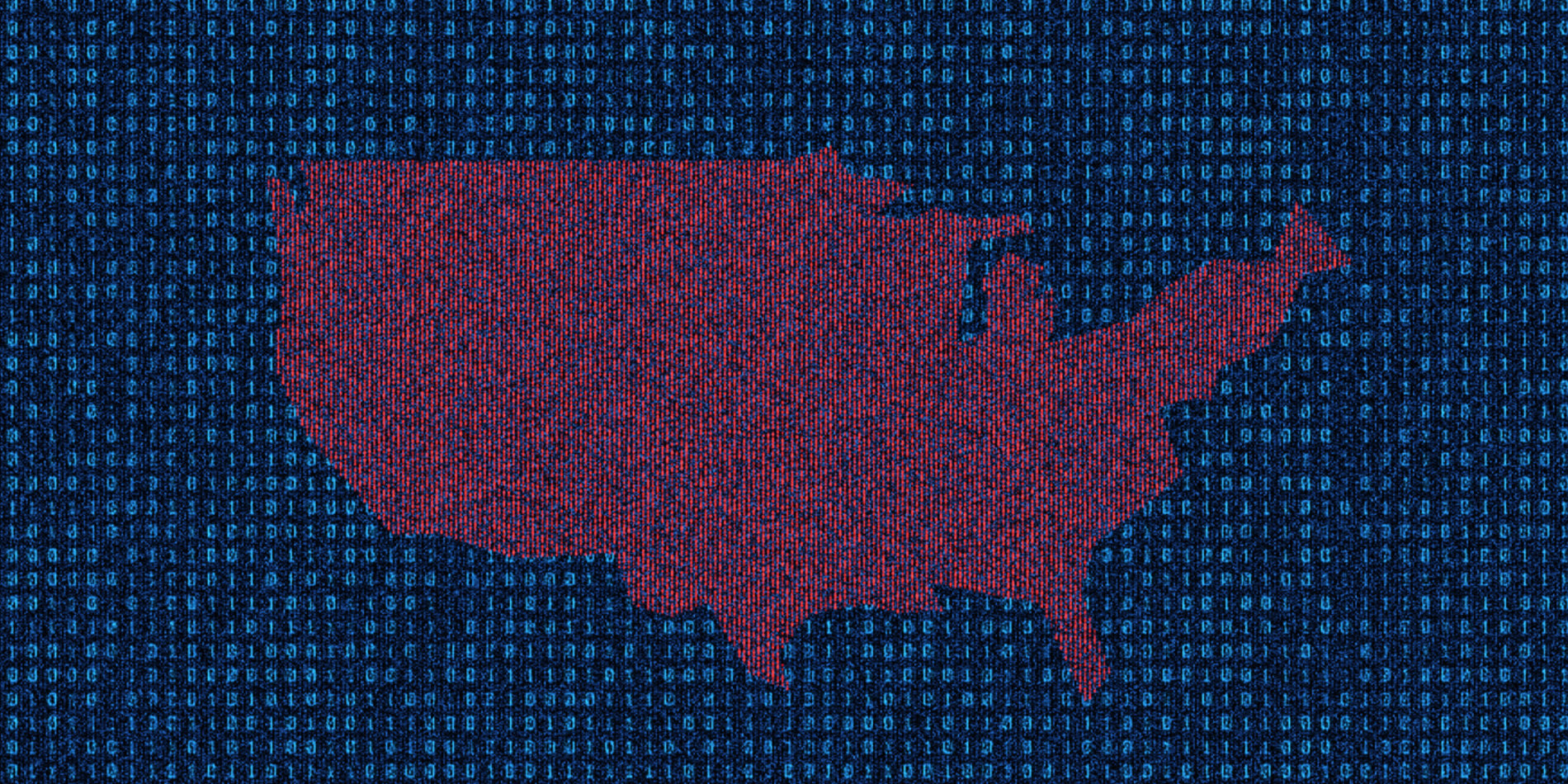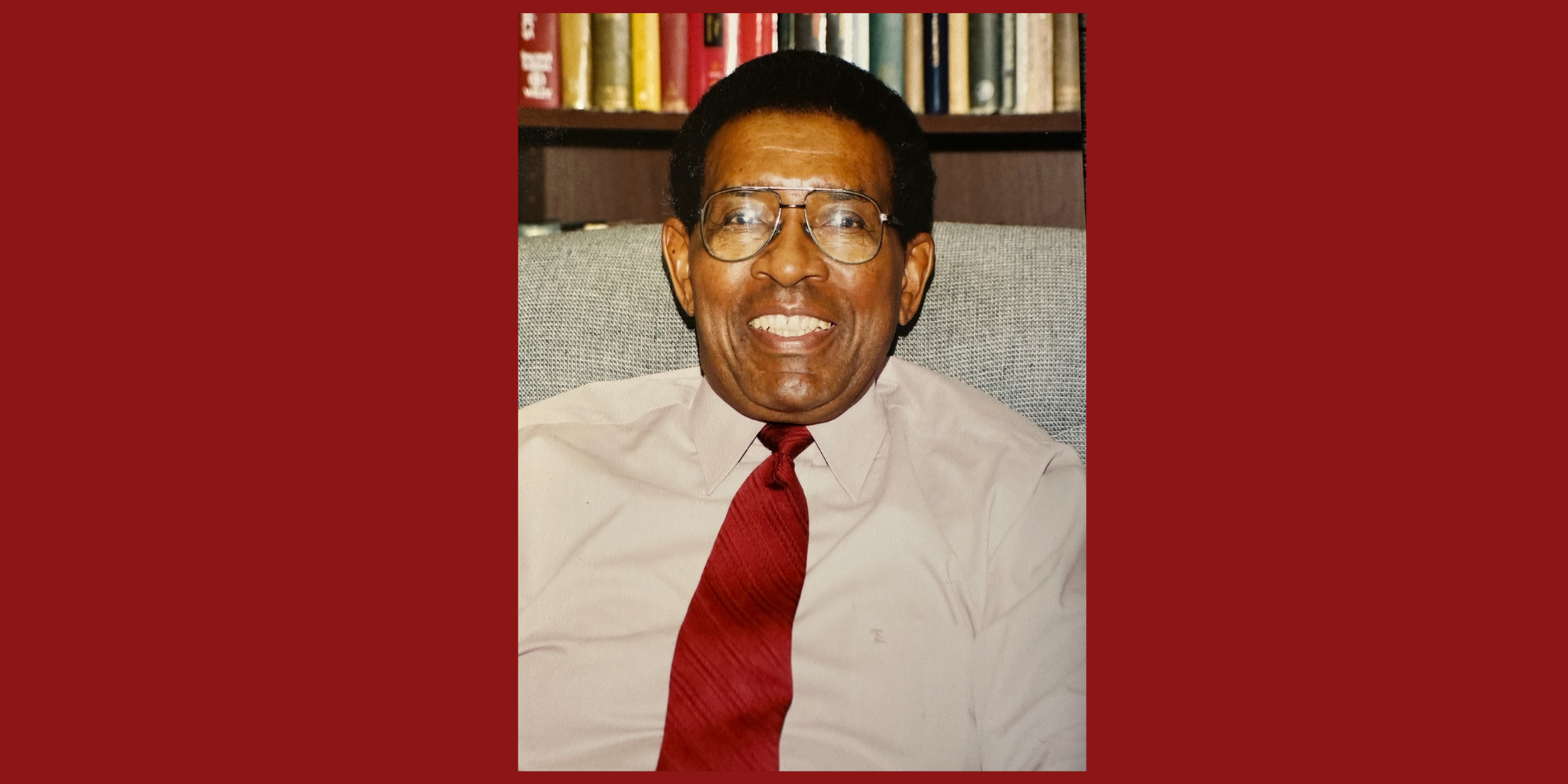Sharad Goel: How hidden bias affects the criminal justice system
Sharad Goel is an expert in computational social science — that is, using computers and data to examine and address policy issues.
He says unconscious bias is subtle but entrenched in American life, and nowhere are the consequences more concerning than in criminal justice.
Goel has analyzed hundreds of millions of crime records to show, for instance, that black drivers are pulled over more than white drivers and that judges demand bail too often. He says the data suggest that up to 30 percent more people could be released on their own recognizance without adversely affecting crime rates.
Goel is developing risk assessment tools to assist in high-stakes decision making. He cautions, however, that algorithms are an aid, not a panacea. They should be used to inform decision making and to help decision makers to make fairer choices, but not to actually make the decisions.
Listen in as host Russ Altman and expert in social data science Sharad Goel discuss bias and transparency in the criminal justice system. You can listen to The Future of Everything on iTunes, Google Podcasts, SoundCloud, Spotify, Stitcher or via Stanford Engineering Magazine.



